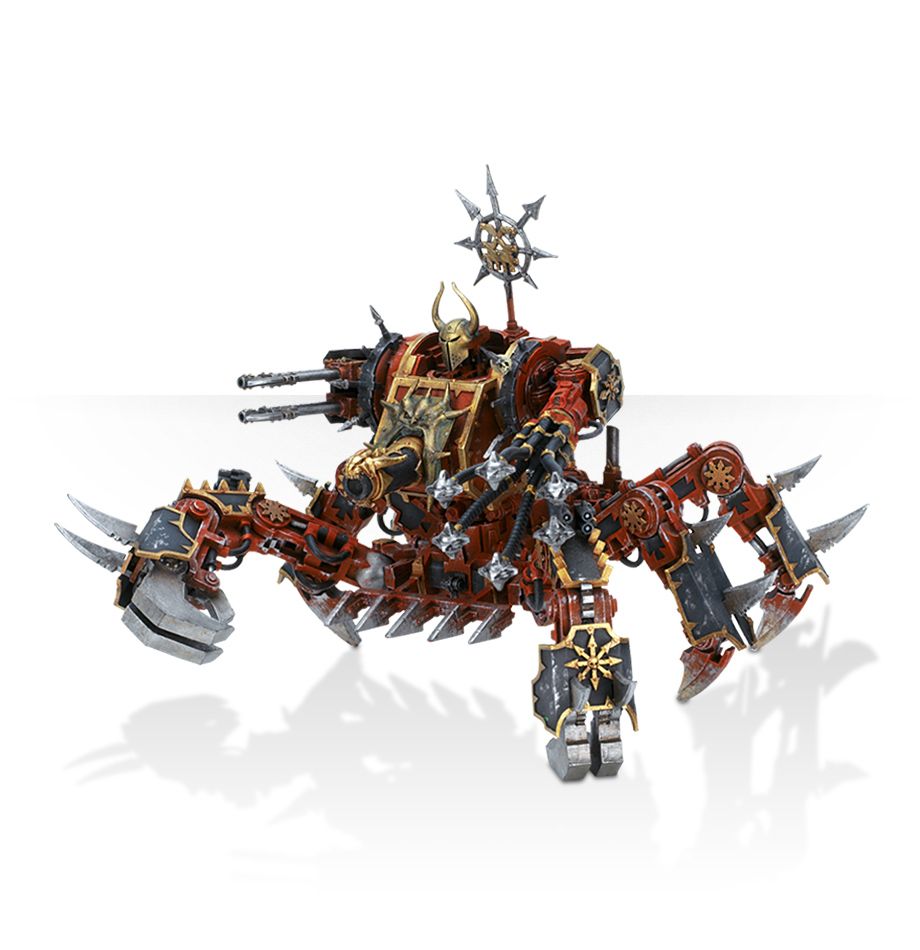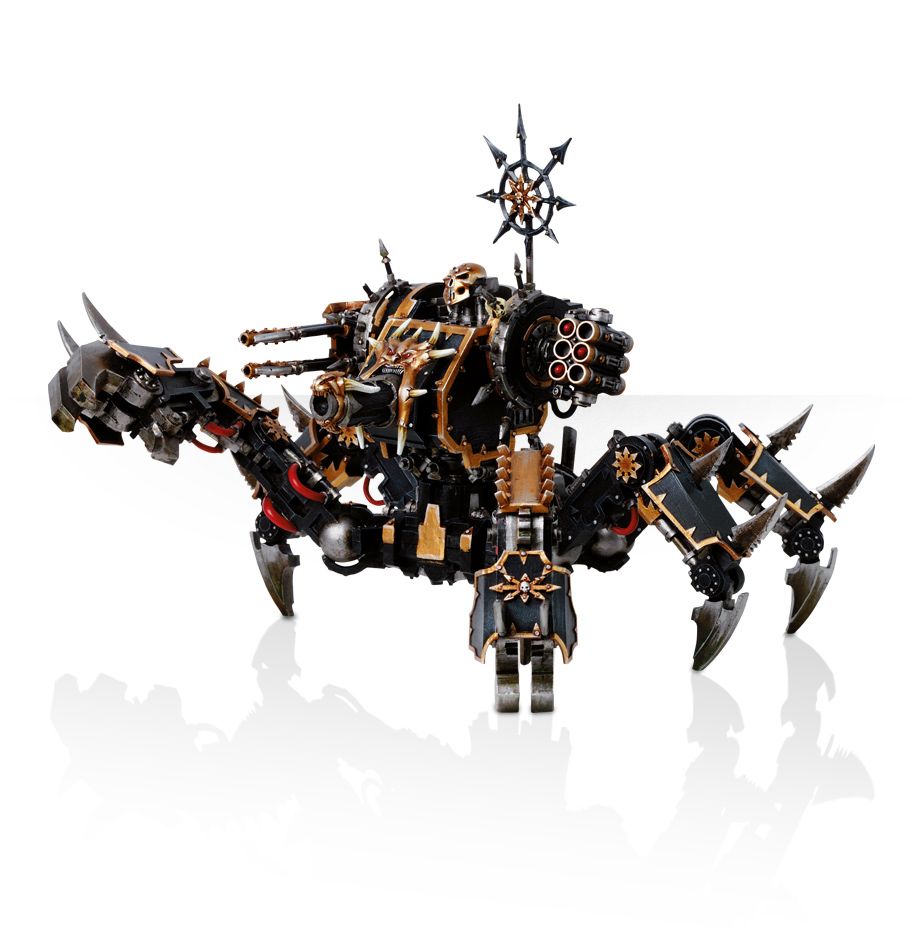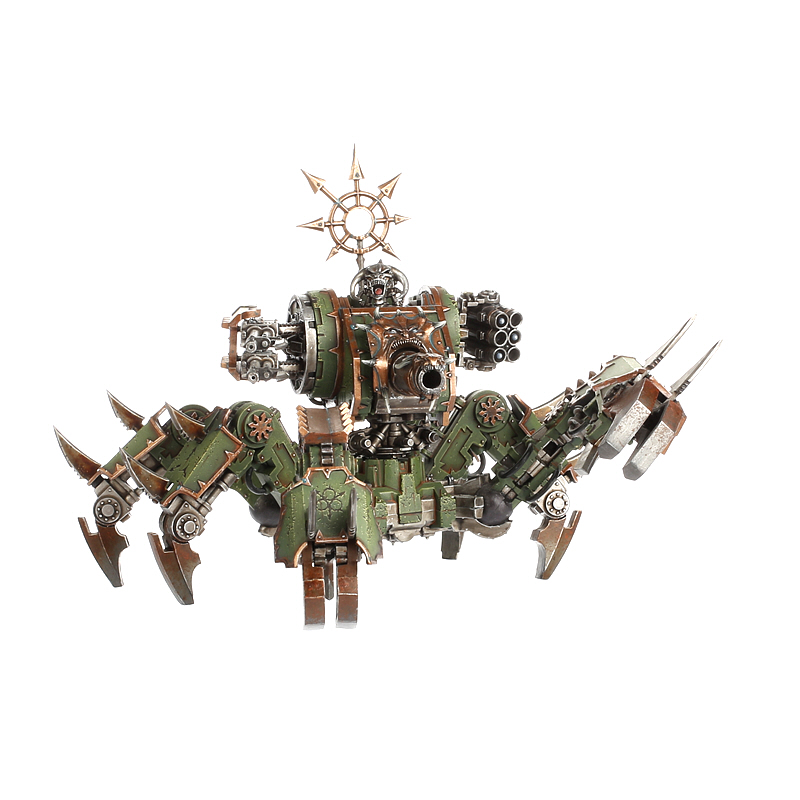
verb (used with object), de·filed, de·fil·ing.
- to make foul, dirty, or unclean; pollute; taint; debase.
- to violate the chastity of.
- to make impure for ceremonial use; desecrate.
- to sully, as a person’s reputation.
verb (tr)
- to make foul or dirty; pollute
- to tarnish or sully the brightness of; taint; corrupt
- to damage or sully (someone’s good name, reputation, etc)
- to make unfit for ceremonial use; desecrate
- to violate the chastity of
noun
- a narrow pass or gorge, esp one between two mountains
- a single file of soldiers, etc
verb
- mainly military to march or cause to march in single file
c.1400, “to desecrate, profane;” mid-15c., “to make foul or dirty,” alteration of earlier defoulen, from Old French defouler “trample down, violate,” also “ill-treat, dishonor,” from de- “down” (see de-) + foler “to tread,” from Latin fullo “person who cleans and thickens cloth by stamping on it” (see foil (v.)).
The alteration (or re-formation) in English is from influence of Middle English filen (v.) “to render foul; make unclean or impure,” literal and figurative, from Old English fylen (trans.), related to Old English fulian (intrans.) “to become foul, rot,” from the source of foul (adj.). Cf. befoul, which also had a parallel form befilen. Related: Defiled; defiling.
“narrow passage,” 1640s, especially in a military sense, “a narrow passage down which troops can march only in single file,” from French défilé, noun use of past participle of défiler “march by files” (17c.), from de- “off” (see de-) + file “row,” from Latin filum “thread” (see file (v.)). The verb in this sense is 1705, from French défiler.
 Liberal Dictionary English Dictionary
Liberal Dictionary English Dictionary



